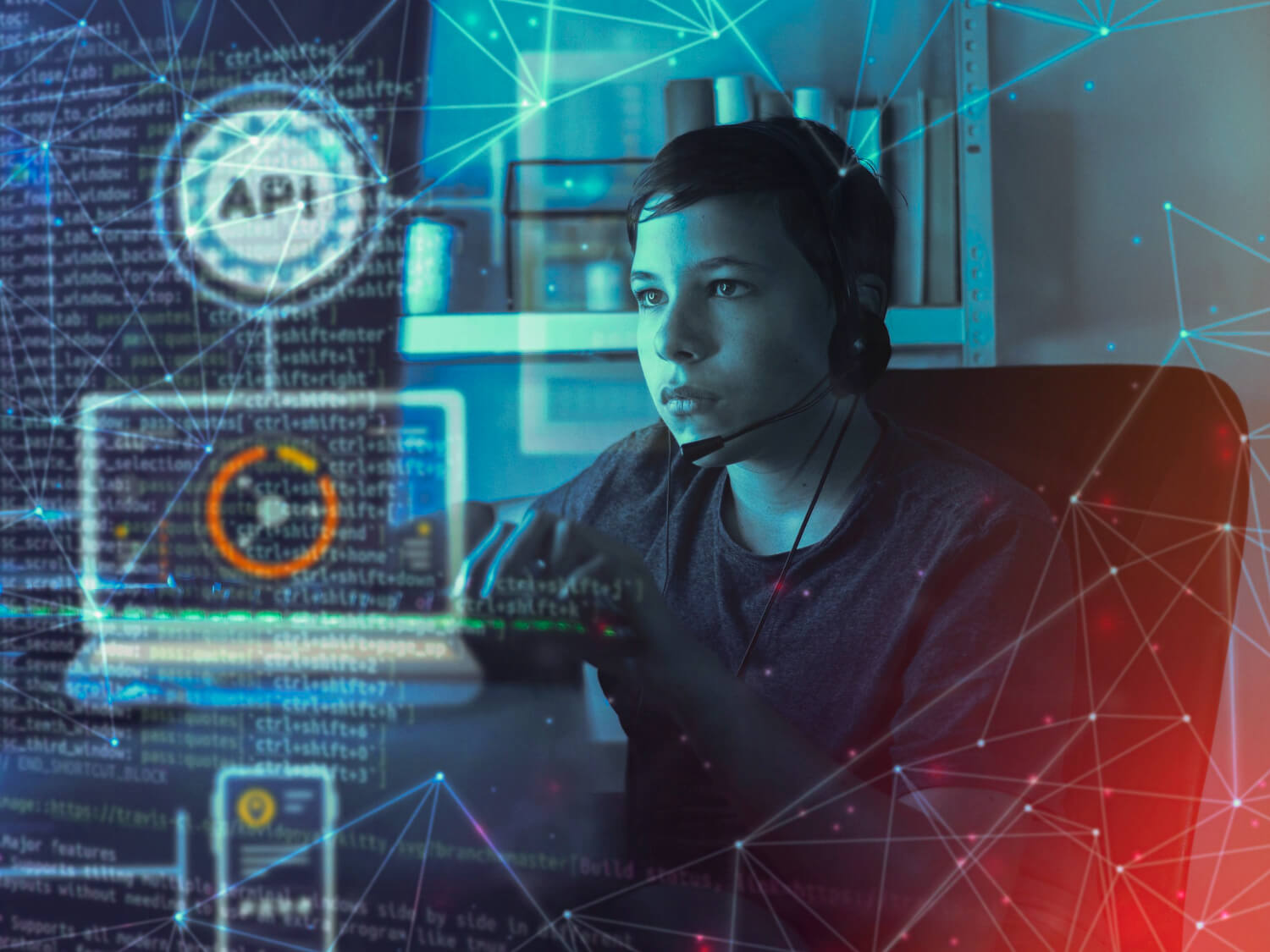Generative AI and Technology Education: Preparing Students for the Future
The rapid development of generative AI is reshaping our world. And nowhere is this transformation more significant than in the field of education. As technology advances, the integration of these services into educational systems has the potential. To revolutionize how students learn and prepare for the future. Generative AI development services can help create innovative educational tools that enhance learning experiences by making them more interactive, personalized, and engaging. These specialized offerings build AI models capable of creating new content, such as text, images, and even music, by learning from existing data. In classrooms, such services can provide educators with the tools needed to offer personalized learning experiences, create customized educational materials, and generate virtual simulations for hands-on learning, thereby enhancing the teaching and learning process..
Integrating AI into Technology Curriculum
With the growing influence of AI, it’s crucial that students are equipped with the knowledge and skills to navigate this new landscape. Integrating AI into the technology curriculum is a step in this direction. Rather than treating AI as a niche subject, it should be a core component of technology education, starting from the basics of machine learning and data science to more advanced topics like neural networks and generative models.
Educators need to develop a curriculum that not only teaches the technical aspects of AI but also encourages critical thinking about its applications and implications. This includes understanding the limitations of AI, the potential biases in AI-generated content, and the broader impact of AI on society. By incorporating AI into the curriculum, students will gain hands-on experience with the tools and techniques used in the industry, preparing them for future careers in AI and related fields.
Preparing Students for AI-Driven Careers
The job market of the future will be deeply influenced by AI, and students need to be prepared for this shift. Traditional jobs are being transformed by automation, and new roles are emerging that require a deep understanding of AI technologies. For instance, careers in AI development, data science, and robotics are in high demand, and students with these skills will have a competitive edge.
However, preparing students for AI-driven careers is not just about teaching them to code or understand algorithms. It’s about fostering a mindset of continuous learning and adaptability. As AI technology evolves, so too will the skills required to work with it. Schools and universities must focus on developing students’ problem-solving abilities, creativity, and ethical judgment, as these are the skills that will be most valuable in an AI-driven world.
Furthermore, interdisciplinary learning is crucial. AI is not limited to computer science; it has applications in healthcare, finance, art, and almost every other field. By exposing students to the cross-disciplinary applications of AI, educators can help them see the broader picture and understand how AI can be used to solve real-world problems in various industries.
Ethical Considerations in AI Education
As AI becomes more integrated into our lives, ethical considerations become increasingly important. Generative AI, while powerful, can also be used in ways that are harmful or deceptive. For example, AI-generated deepfakes can spread misinformation, and biased AI algorithms can reinforce existing social inequalities.
Incorporating ethics into AI education is essential. Students need to learn not just how to create AI systems but also how to do so responsibly. This includes understanding the potential risks associated with AI, such as data privacy issues, the environmental impact of training large AI models, and the societal implications of AI-driven decisions.
Ethical AI education should also address issues of bias and fairness. AI systems are only as good as the data they are trained on, and if that data is biased, the AI will be too. Teaching students about the importance of diverse and representative data sets, as well as how to recognize and mitigate bias in AI systems, is crucial for developing responsible AI practitioners.
Tools and Resources for Teaching Generative AI
Fortunately, there are numerous tools and resources available to help educators teach generative AI. OpenAI’s GPT models, for example, provide a powerful platform for exploring the capabilities of AI. Educational platforms like Coursera, edX, and Khan Academy offer courses on AI and machine learning. Often with a focus on practical, hands-on learning.
For younger students, there are simplified AI tools like Scratch or Google’s Teachable Machine. Which allow them to experiment with AI concepts without needing advanced programming skills. These tools can be used to create projects that demonstrate how AI works. Such as generating music, creating chatbots, or designing simple games.
Moreover, many universities and research institutions offer free resources, including textbooks. Lecture notes, and tutorials, that can be used to supplement classroom learning. By leveraging these tools and resources, educators can make AI education more accessible and engaging for students at all levels.
Future Trends in AI and Technology Education
Looking ahead, the role of AI in education will continue to grow. One emerging trend is the use of AI to personalize learning experiences. Adaptive learning platforms, powered by AI, can adjust the content and pace of instruction based on each student’s needs and progress. This could lead to more effective and efficient learning, particularly for students who struggle in traditional classroom settings.
Another trend is the development of AI-driven tools for collaborative learning. These tools can facilitate group projects by matching students with complementary skills, providing real-time feedback, and even simulating team dynamics. As remote and hybrid learning environments become more common. Such tools will be invaluable for fostering collaboration and engagement among students.
Finally, the integration of AI into educational administration is likely to expand. From automating administrative tasks to predicting student outcomes and optimizing resource allocation. AI can help educational institutions run more efficiently. Allowing educators to focus more on teaching and less on paperwork.
Conclusion
Generative AI is poised to play a transformative role in education. Offering new ways to engage students, personalize learning, and prepare the next generation for an AI-driven future. However, this transformation comes with challenges, particularly in ensuring that AI is used ethically and responsibly. By integrating AI into the curriculum, focusing on interdisciplinary learning. And equipping students with the skills they need to succeed in an AI-driven world. Educators can help shape a future where technology and human creativity go hand in hand. The future of education is bright, and with the right approach. Generative AI can be a powerful tool for unlocking the potential of every student.






